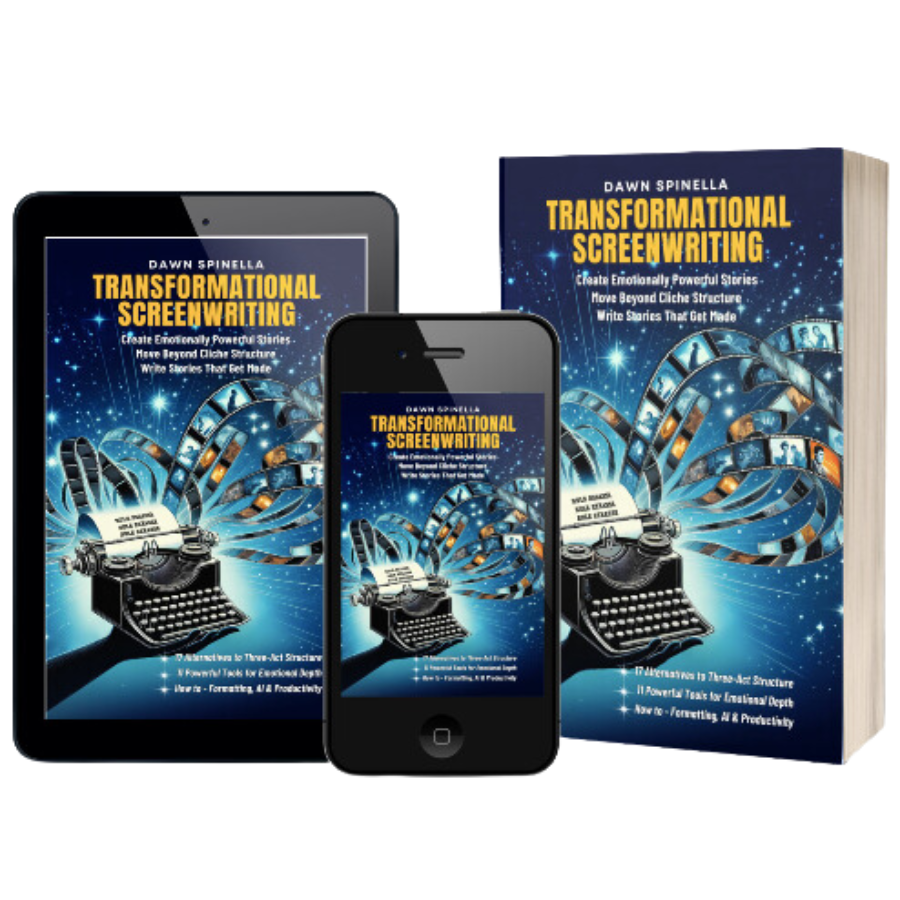For many indie filmmakers, the question of when to engage with film unions can feel intimidating. Unions play a central role in protecting actors, crew, and other professionals within the industry. At the same time, their rules and requirements may feel overwhelming, especially for independent productions with limited budgets. Knowing when to collaborate with unions—and how to navigate the process—can make the difference between a professional, legally compliant production and costly missteps.
In this article, we’ll break down five key insights on working with film unions so you can move forward with clarity, confidence, and professionalism.
1. Know the Major Unions and Their Roles
Before deciding whether to work with unions, it’s essential to understand who they are and what they do. In the U.S., the major unions and guilds include:
- SAG-AFTRA (Screen Actors Guild – American Federation of Television and Radio Artists): Represents actors, voice artists, and stunt performers.
- DGA (Directors Guild of America): Covers directors, assistant directors, and unit production managers.
- WGA (Writers Guild of America): Represents screenwriters in film, television, and digital media.
- IATSE (International Alliance of Theatrical Stage Employees): Covers crew members such as cinematographers, editors, grips, costume designers, and more.
- Teamsters Local 399: Often covers drivers and location professionals.
Each union has specific guidelines about contracts, pay rates, working conditions, and benefits. For indie filmmakers, the most common starting point is SAG-AFTRA, particularly if you’re hiring professional actors.
2. Understand When to Involve Unions
Unions are not always required for small projects. However, there are situations where working with them becomes necessary—or at least advantageous:
- Hiring recognizable actors: If your cast includes SAG-AFTRA members, you’ll need to work under a union contract.
- Seeking festival eligibility: Some film festivals and distribution opportunities prefer or require union-compliant productions.
- Attracting professional crew: Experienced crew members may only work union jobs.
- Protecting your production legally: Union contracts help shield you from potential disputes over pay, working hours, or safety.
For many indie filmmakers, the tipping point is when the project scales beyond a small, passion-driven shoot into something with broader distribution ambitions.

3. Learn the Indie-Friendly Union Agreements
Unions understand that not every production has a Hollywood budget. Many offer agreements tailored to independent filmmakers:
- SAG-AFTRA Short Project Agreement: Covers films under 40 minutes with flexible rates.
- SAG-AFTRA Ultra Low Budget Agreement: For films under $300,000, with reduced daily rates.
- SAG-AFTRA Modified Low Budget Agreement: For films under $700,000.
- SAG-AFTRA Low Budget Agreement: For films under $2 million.
These agreements allow indie filmmakers to access professional talent without breaking the bank. Understanding these options ensures you don’t assume union involvement is out of reach.
4. Plan Ahead for Paperwork and Compliance
Working with unions requires paperwork and preparation, but it’s manageable if you plan ahead:
- Apply early: Don’t wait until casting or shooting begins. Union approval takes time.
- Budget for fringes: In addition to wages, you’ll often need to cover pension, health, and welfare contributions.
- Track hours and conditions: Be diligent with timecards, breaks, and overtime.
- Maintain communication: Stay in touch with your union rep to avoid costly mistakes.
A well-prepared production not only avoids penalties but also gains credibility with cast and crew.

5. Build Relationships for the Long Run
Working with unions isn’t just about one project—it’s about building a professional reputation. When you handle agreements properly, actors and crew members trust that you’re a filmmaker who respects industry standards. This can open doors for future collaborations, larger budgets, and stronger festival submissions.
Think of union relationships as an investment. The time and money you put into compliance now pays off with smoother productions and access to higher-caliber talent later.
Film unions may seem intimidating at first, but they are not a barrier—they’re a bridge. They ensure safe, fair working conditions while giving filmmakers access to skilled professionals. By learning when to involve them, exploring indie-friendly agreements, and building strong relationships, you’ll set your production up for long-term success.
Transformational Screenwriting

At the Independent Film Arts Academy, we believe that great films begin with great writing. Transformational Screenwriting goes beyond conventional storytelling—it’s about crafting characters and narratives that inspire, challenge, and connect with audiences on a deeper level.
Whether you’re navigating union contracts or shaping your first draft, remember that your script is the foundation of everything. By aligning professional practices with transformational storytelling, you elevate not only your film but your career as a whole.If you’d like to explore these principles further, we recommend the book Transformational Screenwriting—a powerful resource for filmmakers ready to tell stories that matter.

